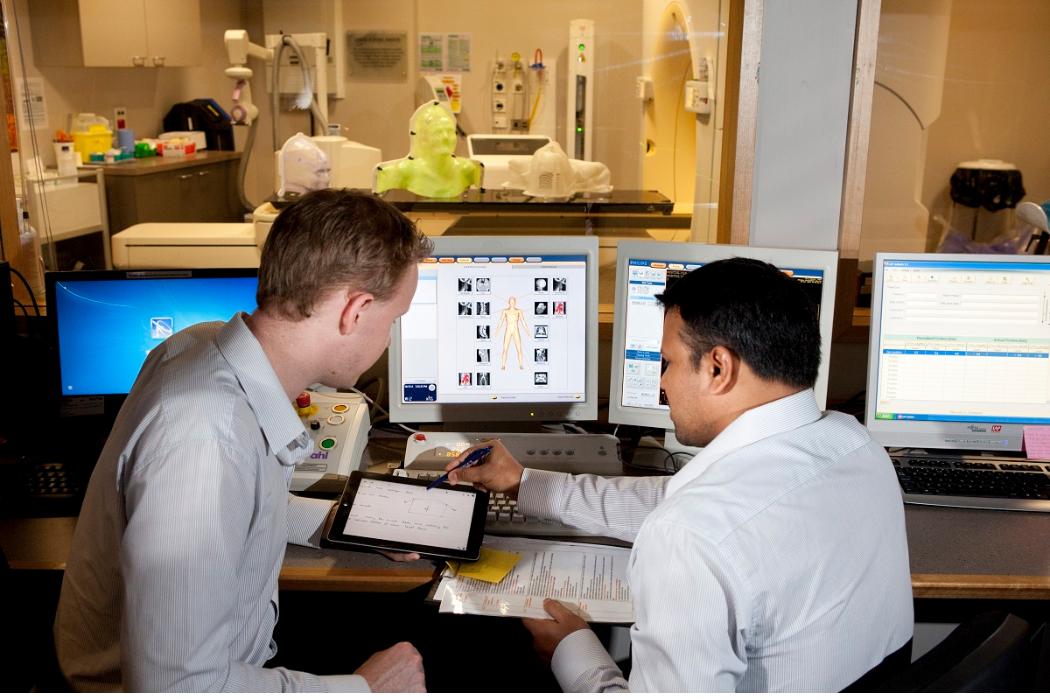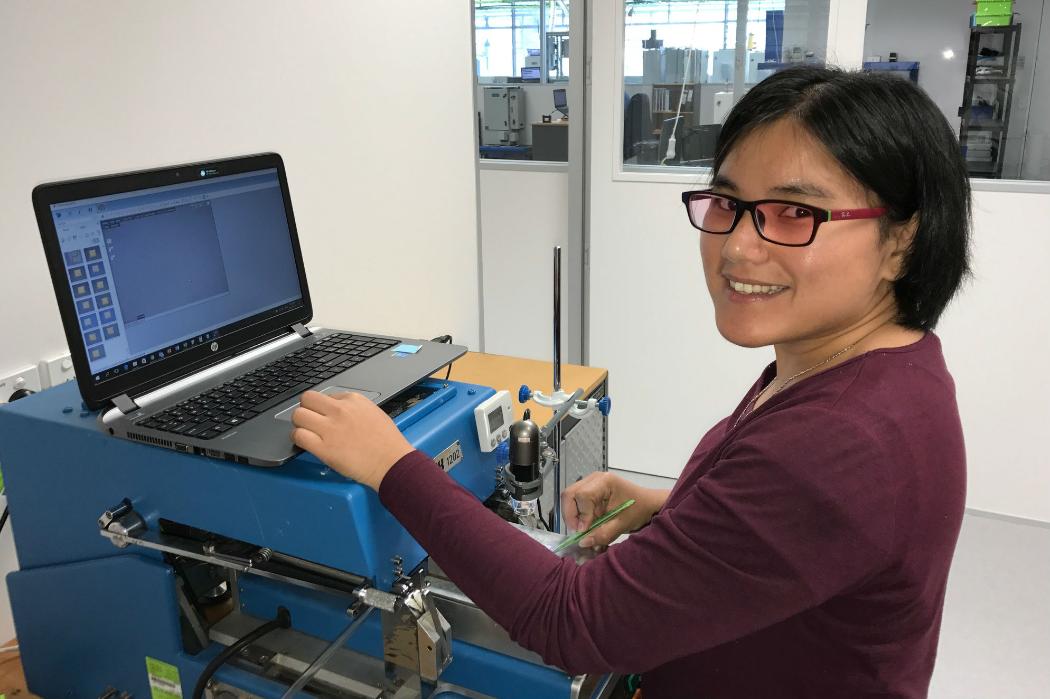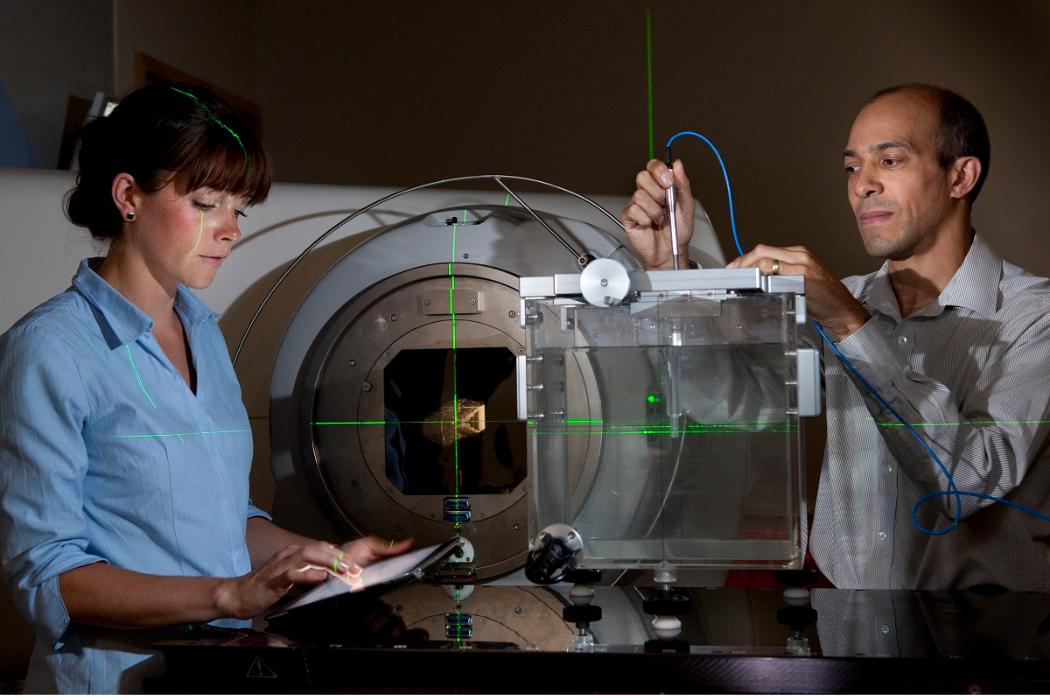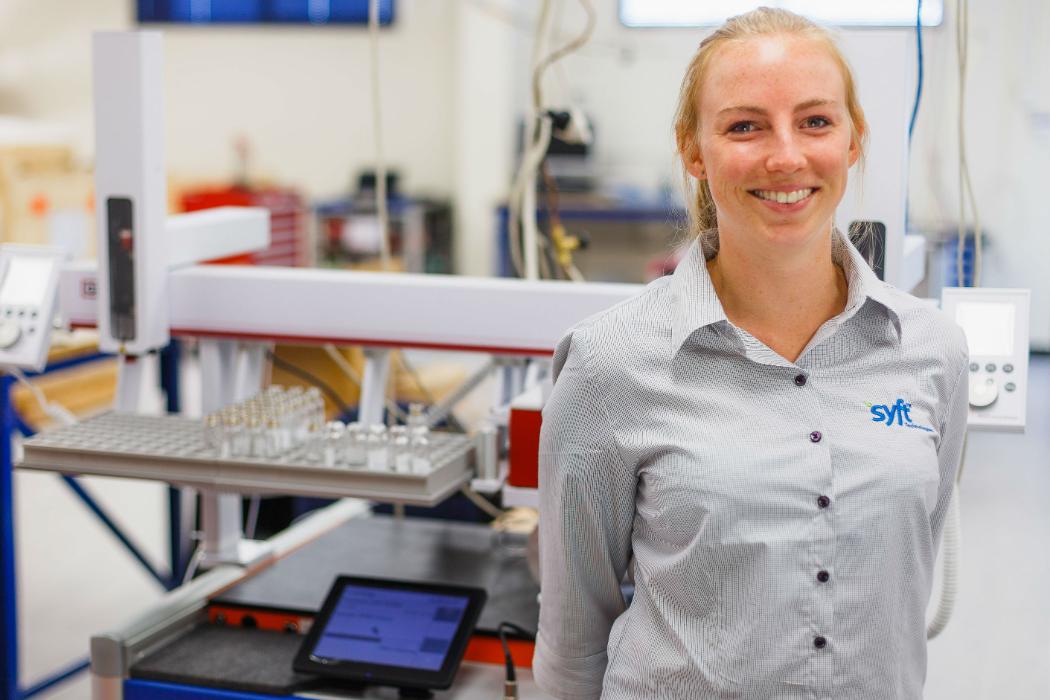Find out where UC graduates gain employment with a degree in:



One of the benefits of a Bachelor of Science is that students have the opportunity to gain knowledge in several different subject areas as well as transferable skills that are applicable within a range of industries. Modern science cuts across diverse domains and is constantly changing. A varied background allows you to see how things fit together to get results.
Our student advisors can help you work out how to juggle degree and subject combinations.
UC Science graduates have a wide range of career opportunities, from lab-based work to planning and communication, from research and scientific technology roles to advising and hands-on creating.
A BSc can open doors to many careers, including business, politics, medicine, finance and engineering. The variety of careers is very diverse, and includes those such as being a policy analyst or a patent advisor that many students are unaware of. A surprising number of BSc graduates work in high growth start-up businesses where adaptability and problems solving skills are particularly valued. New Zealand’s rapidly growing high tech sector needs smart, flexible young graduates: check out the TIN100 to see the range of businesses in that sector.
We recommend speaking to a careers advisor early in your university career, checking out CareerHub regularly, and signing up for LinkedIn. Some students also become scientists: depending on your chosen subject you could become a forensic scientist or a food technician, a meteorologist or a medical physicist. The pathways are diverse and exciting.
Through their Astronomy, Biochemistry, Chemistry or Physics degree, graduates gain a broad set of valuable transferable skills that employers want.
Applied learning happens in laboratory sessions and on fieldtrips. These experiences deepen your skillset, awareness of others, working knowledge and employability.
Courses within the School of Physical and Chemical Sciences include practical work experience be it for business, community or research enterprises. For example, final-year Physics students have a chance to develop problem-solving skills and adaptability in the Physics in Industry in Projects Scheme (PIPS), where they work on a client's industry project.
Science students can also apply for internships and summer scholarships to build their résumé and work on interesting research projects or with science organisations. See the Careers, Internships and Employment website for internship opportunities.
For example, final-year Physics students have a chance to develop problem-solving skills and adaptability in the Physics in Industry in Projects Scheme (PIPS), where they work on a client's industry project.
Ōtautahi Christchurch is a hot spot for new investment, state-of-the-art infrastructure and industry. Christchurch offers many employment opportunities. Key sectors include:
- IT – a rapidly growing sector in Canterbury, New Zealand and around the world.
- Electronics – a significant part of the NZ economy that continues to grow rapidly.
- Dairy – a significant commodity export in Canterbury.
- Agribusiness – the temperate climate and fertile land makes for NZ's pre-eminent agritech location.
- Health – the new Te Papa Hauora Health Precinct will house a $70 million world-class Health Research Education Facility, where UC researchers and teachers will work alongside students and health workers.
- Innovation – Christchurch is ranked high globally for starting a business.
- Manufacturing – Christchurch is the second largest manufacturing centre in New Zealand, including food and beverage, machinery and equipment, fabricated metal, polymer and rubber products.
- Astro tourism - the Aoraki Mackenzie International Dark Sky Reserve is the largest such reserve in the world and is located in Waitaha Canterbury and is only two hours' drive from Christchurch.

